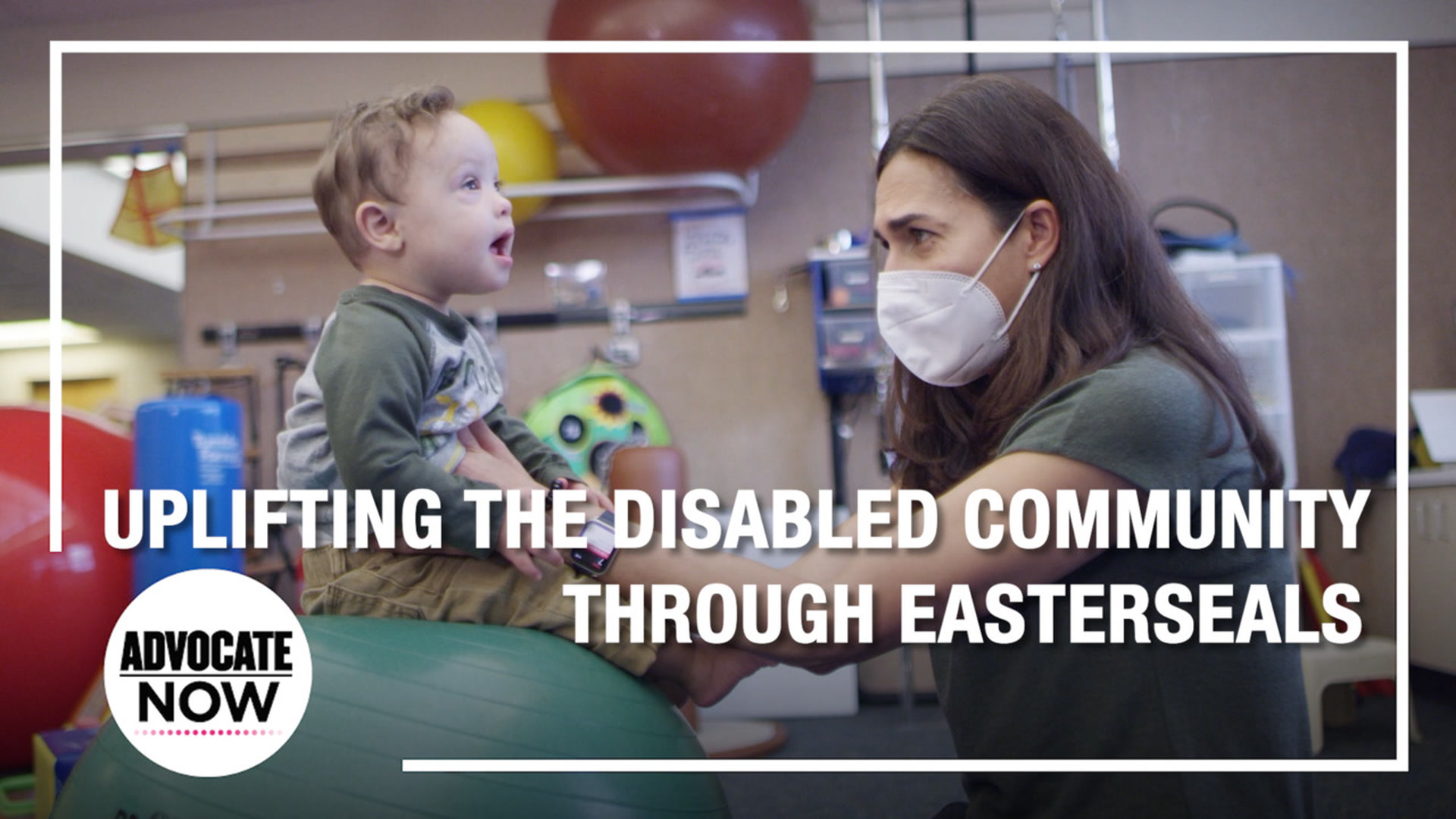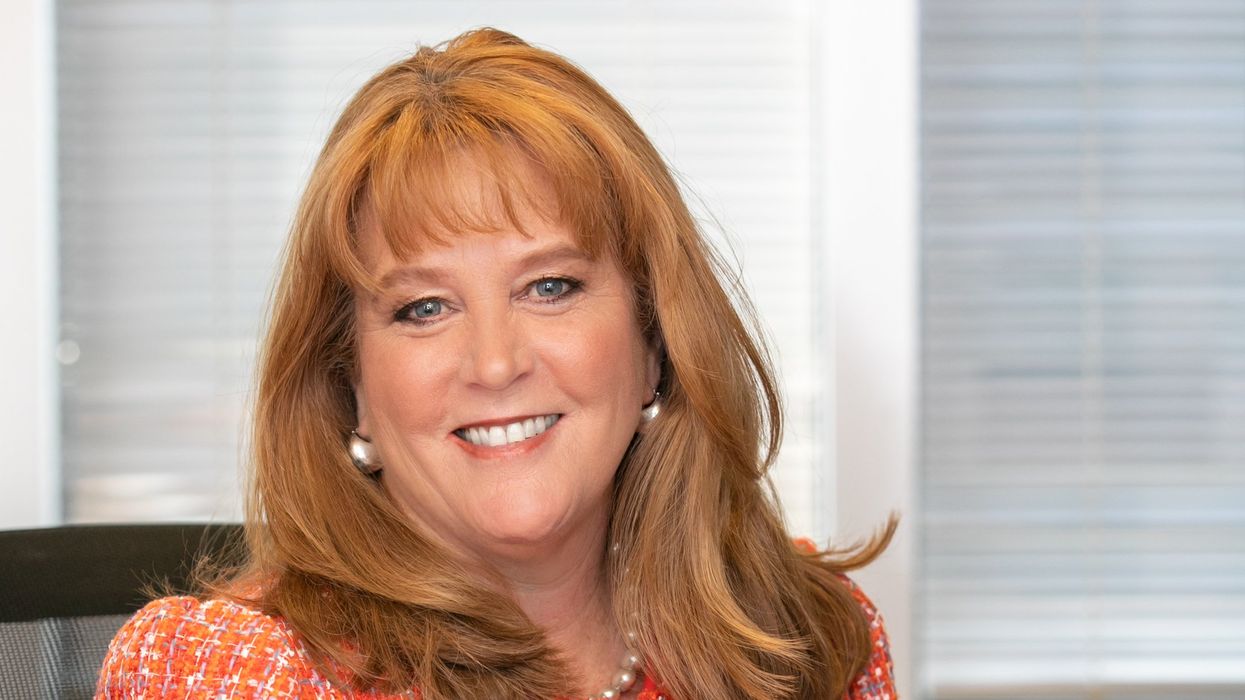The disabled community has been long underserved within the United States, and Kendra Davenport of Easterseals is fighting to change that.
Kendra Davenport on Uplifting the Disabled Community Through Easterseals

Easterseals is a nonprofit that works with people of all ages who have disabilities, with special programs for veterans and seniors. Davenport says their branches "serve millions of people every year."
"We really try to try to do something for everyone," she tells Sonia Baghdady of Advocate Now. "But in addition to that, we also work with seniors. We have very robust programs that help put seniors back to work. And we work with veterans. ... We help put them back to work when they transition out of the military, help them with mental health problems."
She adds: "We're there for them."
According to Davenport, a quarter of the American population identifies as being disabled, and for many relatives — especially those with children — caring for their loved ones can be a full time job. Easterseals also offers support for caregivers, focusing on their mental health.
"If you are living with a child ... and you're giving them care full time or even part time, the need for respite, for downtime for parents and caregivers is very real," she says. "Many of our affiliates have developed programs for just that to give parents and caretakers a break, to give partners or spouses a break. And that really is important to their mental health."
For those with children, Davenport says that identifying disabilities at an early age makes a "massive difference," as "the sooner they receive those supports, the better they do in in elementary school ... and in high school, the better they feel about themselves."
"Disability in the United States is stigmatized, and I think the earlier we identify children with special needs, the earlier we're able to provide them with the services and their families, the better everybody does," she explains.
Disabilities often also impact LGBTQ+ people, with over 30 percent of queer adults identifying as some form of disabled. Davenport says that LGBTQ+ disabled people "deal with two kinds of stigmatization," as "the challenges they endure in work and school serve as a form of disability in and of itself."
To Davenport, one of the biggest shifts that could benefit people with disabilities is erasing the social stigma that exists around conditions, as she says "what it means to be disabled ... doesn't mean disabled — it means ability."
"It means that they have different abilities and they're just a little bit different. [It] doesn't mean inability," she explains, adding, it's about "being taken seriously" and wanting "to be treated just as [their] non-disabled counterparts are."
For more interviews like this, watch Advocate Now on The Advocate Channel.
- Former NFL Players Sue League For Denying Disability Claims ›
- Disability Rights Activist Judith Heumann Dead at 75 ›



















































